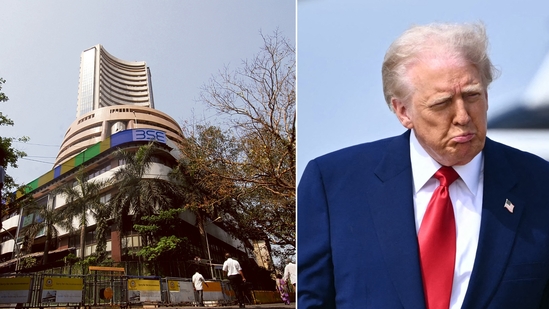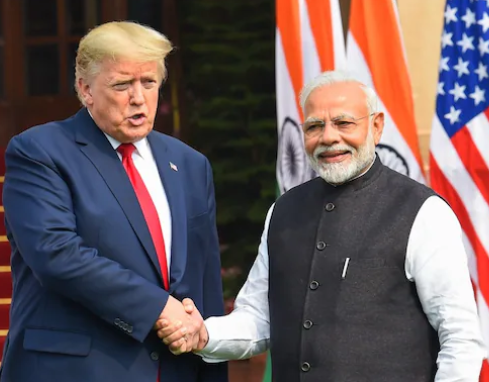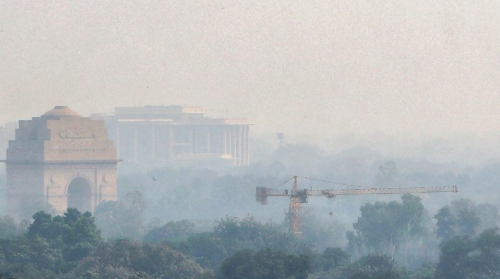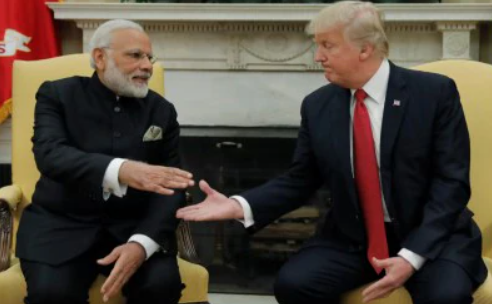
The Unified Payments Interface (UPI) suffered a major outage over the weekend, resulting in several hours of inconvenience for users across the country. National Payments Corporation of India (NPCI), which operates the UPI network, informed users through social media that it was facing intermittent technical issues, resulting in a partial decline in UPI transactions. However, what is worrying is that this was not an isolated incident of failure. Saturday’s outage happened after two similar disruptions in recent weeks. Although NPCI had said last week it had conducted a “root-cause analysis”, it doesn’t seem to have helped. Given that this was the sixth disruption over the past year, it is high time some probing questions were asked and the possibility of disruption was eliminated.
To be fair, NPCI has done phenomenal work over the past decade. It has revolutionised digital payments in the country with about 600 million average daily UPI transactions. The success of the UPI has made it common for a large number of Indians in the country to keep no cash with themselves. For many users, their mobile phone is the wallet, with payment being accepted even in remote parts of the country. It is thus necessary for transactions to be seamless. A significant downtime could mean a loss of business, including for street vendors. Thus, an outage creates enormous friction in the system and potentially poses a risk to the financial system.
Given the importance of the UPI, it is critical that accountability is fixed and steps are taken to strengthen the system. It has been reported that one of the reasons for frequent outages is a sudden surge in transactions. NPCI should strengthen its capacity if that is the case. It is also incumbent upon the Reserve Bank of India (RBI) to determine the underlying reasons and take action. It is usually quick to point out gaps in regulated entities — as it should be — but the same sense of urgency is not evident in the case of NPCI. It is for the RBI to ensure that entities involved in payments — banks, payment companies, or those responsible for settlement — are functioning properly. The recent problems also raise the all-important question of NPCI’s monopoly and concentration risk involved. NPCI has also created — by delaying the proposed cap of 30 per cent market share on individual players — a near duopoly with two large third-party payment-service providers capturing nearly 90 per cent of the market. Thus, there is a market structure with a near duopoly beneath a monopoly. This must be urgently addressed.
In terms of policy, the RBI had a few years ago floated the idea of having umbrella entities for payment settlements, which would have created competition for NPCI. However, not much has happened in this regard. NPCI is a not-for-profit company and is owned by a large number of banks and financial institutions. Given the widespread ownership of NPCI, establishing competing entities will not be easy. It will thus be vital for the government and RBI to nudge stakeholders to invest in entities that can compete with NPCI. In fact, it is in the interests of the financial system to spread the risks. In this context, it is also important for the government to contemplate how long it wants to pay to keep the UPI free for users. A competitive MDR, or merchant discount rate, will allow entities involved in the payments business to be sustainable. It will also increase competition and reduce concentration risks in the system. The larger benefits of digital transactions must be protected.






